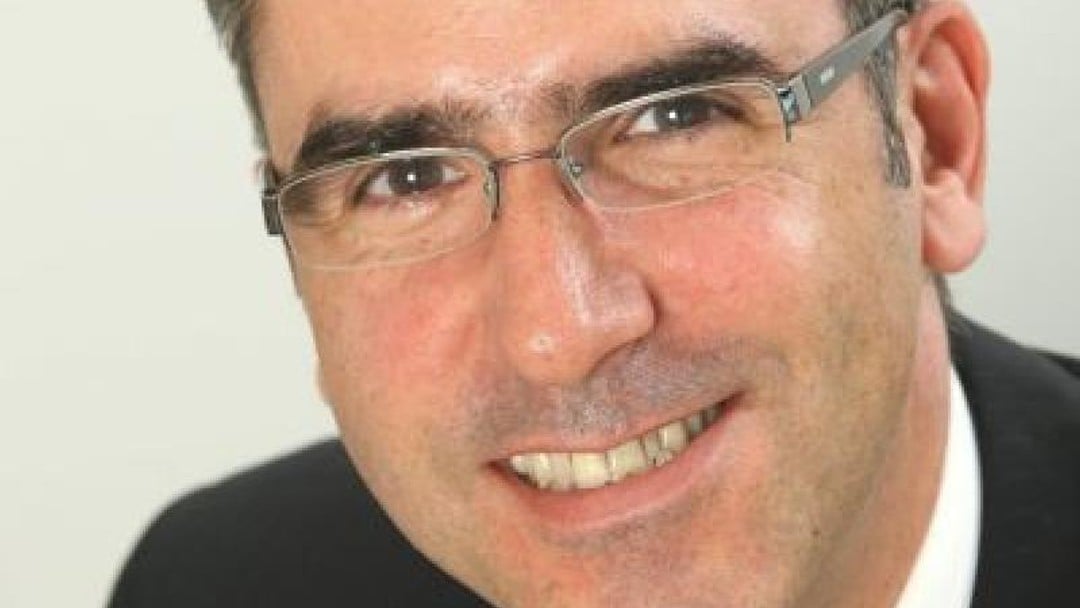Hooked on housing

By Colin Lawson
Why we are all so obsessed with house prices? A likely slowdown in the market may be about to make us rue our aspirational addiction
I don't believe that house prices going up is good for anyone. Nor do I believe the growth we have seen over the last 20 years in residential property will be continued into the next 20.
The above statement may surprise you, so I'm going to use this space to look at price increases over the last 40 years, consider the factors which have driven those increases, and then share my conclusions for the future.
Let's start by looking at the house price increases both in real terms and inflation adjusted.
|
YEAR |
AVERAGE PURCHASE PRICE |
INFLATION ADJUSTED VALUE |
|
1975 |
£ 10,388 |
£ 72,405 |
|
1985 |
£ 34,174 |
£ 77,395 |
|
1995 |
£ 51,084 |
£ 79,948 |
|
2005 |
£152,790 |
£173,741 |
|
2015 (January) |
£188,446 |
£190,076 (to end May) |
Source: Nationwide house price index
What does the table above tell us? First of all, while prices increased rapidly from 1975 to 1995, this was largely the result of very high inflation and therefore high wage rises. This can be seen by looking at the Inflation adjusted prices which are very stable.
The second thing we can see is in the 20 years since 1995, house prices have gone ballistic and they have done so in a period of low inflation. When you combine the two 20 year periods together, you can see why people are scared of prices getting away from them and are so keen to jump on the ladder.
So if it's not inflation and earnings that have driven prices through the roof, what is it? It's actually been the perfect mix of a few factors.
Ingredient one - low interest rates
If we add interest rates into our table, we would see a clear picture emerging. In the 20 years to 1995, interest rates were frequently above 10% and were often so high they would give many homeowners a nosebleed.
When interest rates could go upwards of 15 per cent, you would be extremely cautious about the amount you would borrow.
Since 1995, they have been closer to 5 per cent and the stability of rates has lulled borrowers into a false sense of security which, in turn, has led them to borrow ridiculous multiples of their incomes.
Ingredient two - two income households
Forty years ago, two incomes per household was a rarity. Twenty years ago, it was infrequent. Now, it is the norm. With twice the income you can borrow twice as much, can't you?
Ingredient three - relaxed lending
Lenders used to insist on high deposits (25 per cent) and would only lend at multiples of three times income. This subsequently peaked at no deposit and six times income and even now, lending is still very lax.
Ingredient four - a shortage of houses
In the UK, we need to build at least 250,000 houses per annum to meet demand. For the last 20 years, we have only been building 100,000.
So what will drive the housing market over the next 20 years?
Well, interest rates cannot get any lower, many households enjoy two incomes, lending is already dangerously relaxed and where it's not, there's a government scheme to fill the gap. The housing shortage remains, the nimbys are being pushed to one side and we are starting to build again.
In short, I can't see what will drive the market forwards except the slow grind of increasing earnings. If you want to know what your house will be worth in five years' time, then simply consider what earnings will do in your region over the same period. My guess is that it's likely to be anywhere between 0 per cent and 5 per cent p.a.
Let's hope that we don't get a repeat of the 1970s high inflation era, as I think 17 per cent interest rates will cause the biggest property crash in history. In fact, just 10 per cent rates would do that.
Colin Lawson is founder and managing partner of Equilibrium Asset Management
He writes a regular blog about wealth management for Private Client Adviser

